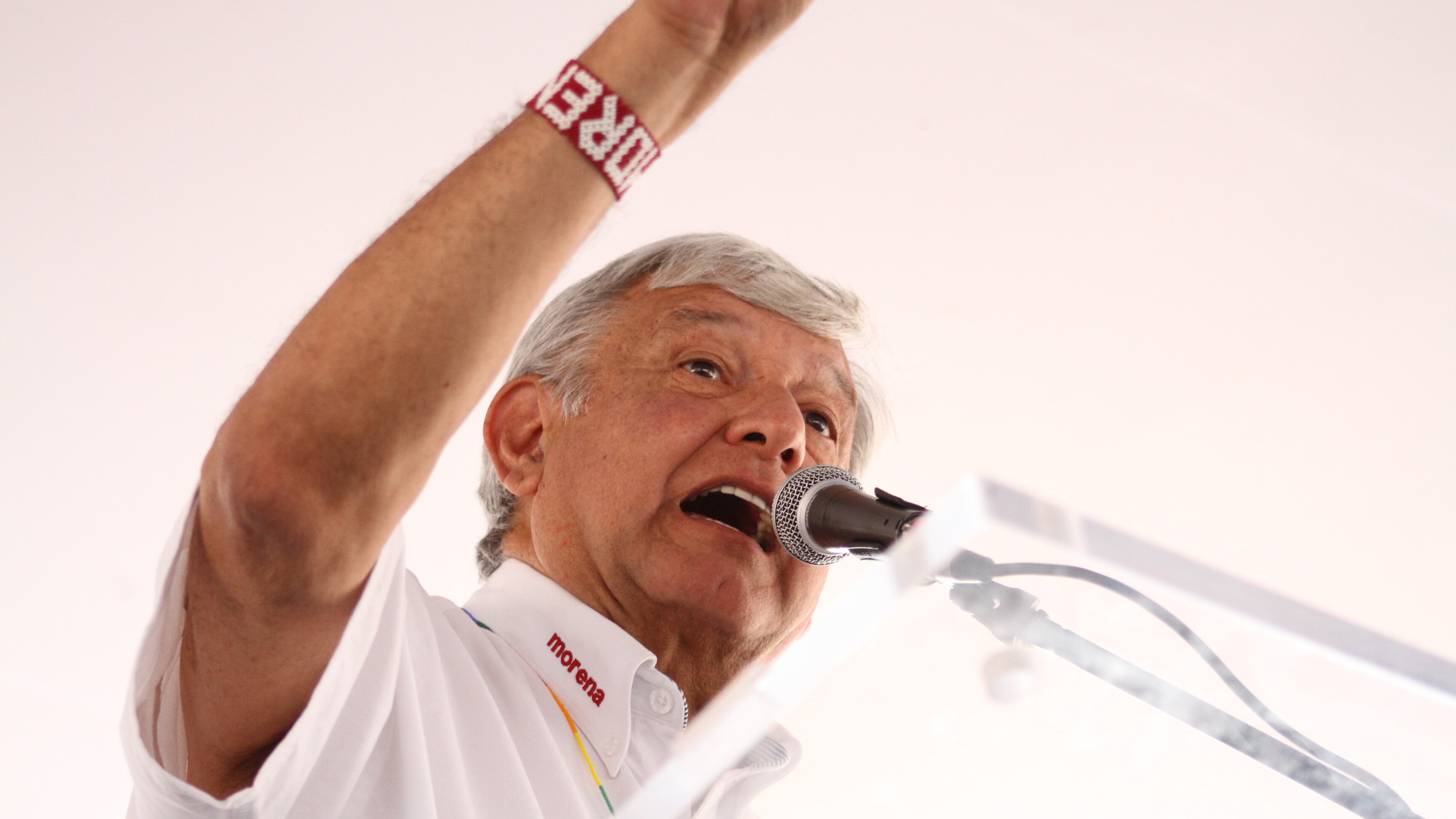Amlo's Finance Fight
The shock resignation of the finance minister, coupled with an unpractical Pemex plan, suggests that Mexico’s left-wing president, Andres Manuel Lopez Obrador (AMLO), has stopped appeasing investors...

During last year’s campaign, Andres Manuel Lopez Obrador's (AMLO) populist, left-wing rhetoric worried many international investors. However, since coming to power he had maintained a balance, reassuring markets with the presence of moderate figures in key positions. Yet the shock departure of Finance Minister Carlos Urzúa removes the government’s most important moderate and raises questions about the future tenor of the administration.
Investors or voters
The key fault line running through AMLO’s government is that in order to fulfil the generous social pledges made to voters, it needs to maintain economic growth and keep international investors onboard. Ministers, such as Urzúa, were a key part of that balancing act. The issue is not so much the personnel – new finance minister, Arturo Herrera, is the former deputy and has a similar profile to Urzúa – rather the policy implications.
"It is doubtful that Herrera has the assurance to stand up to AMLO…"
In a damning resignation letter Urzúa criticised the lack of “sufficient foundation” behind the government’s decision and refers to strong “policy disagreements”. The fact that Urzúa was forced out suggests that his, more fiscally hawkish, position is at odds with future administration policy. Indeed, the peso dropped 2% against the dollar on the news, fearing that this paves the way for interest rate cuts.
“It is doubtful that Herrera has the assurance to stand up to AMLO”, says Nicholas Watson, Latin America Director at political consultancy, Teneo. “AMLO has already publicly overruled Herrera on two occasions, most notably in March, after the deputy minister said that the Dos Bocas oil refinery was going to be put on hold and that the $2.5billion earmarked for the project in this year’s budget would be channelled into boosting state oil company Pemex’s production.”
Pemex's plan
Investors were soon given another worrying sign. A week later the government revealed some initial details of its business plan for Mexico’s struggling national oil company, Pemex. The firm was recently downgraded by Fitch and if another major ratings agency follows suit, its debt would be classed as junk bonds, forcing an institutional investor sell off. That would then put pressure on Mexico’s sovereign rating, making it more difficult for AMLO to finance his ambitious ‘transformation’ of the country. The new plan limits private-sector involvement through 'farm out deals'. That's bad for investors as it limits their opportunities in Mexico's burgeoning energy sector. It also creates extra pressure for Pemex, which will now have to finance more of its ambitious targets on its own.
July was tough for investors, who until now, had been mostly appeased by AMLO's pragmatic approach. In September the 2020 budget will be published. If it is in the same vein as recent decisions then it will give investors a clear indication of how the next five years will pan out.